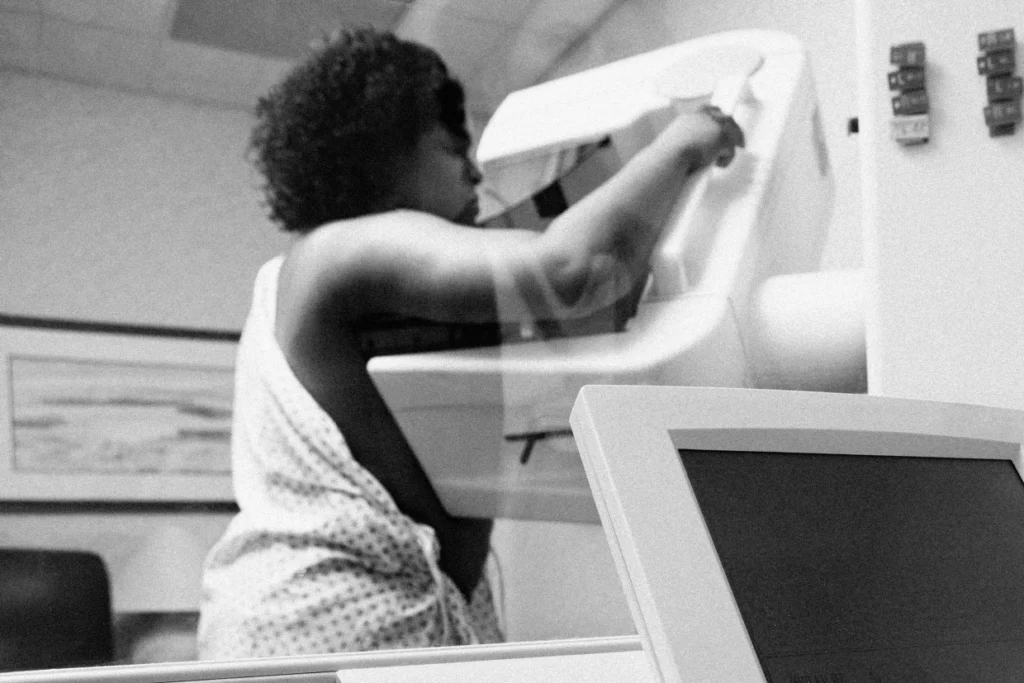Landmark study of cancer in Black women launches in 20 states, aiming to be largest ever

By
Black women die from cancer at higher rates than any other racial or ethnic group. The American Cancer Society is beginning a 30-year study to investigate why.
The risk of dying from cancer has steadily declined in the U.S. over the last few decades, but Black women still have some of the lowest survival rates.
Although Black women are less likely to be diagnosed with cancer than white women, they are they more likely to die of it within five years, according to the National Cancer Institute. The disparity is particularly stark for breast cancer, which kills Black women at a 40% higher rate than white women, even though their rate of diagnoses is 4% lower.
Black women are also 60% more likely than white women to die of cervical cancer and nearly twice as likely to die of endometrial cancer.
To find out what’s driving the stark inequities, the American Cancer Society launched a study Tuesday called VOICES of Black Women, which plans to enroll more than 100,000 Black women ages 25 to 55 in the U.S. That would make it the largest study of its kind ever conducted in the country.
The women must be cancer-free upon enrolling in the study, which will follow them for 30 years to see how their medical histories, lifestyle factors and experiences of racism affect their risk of developing or dying from cancer.
“With few exceptions, Black women are more likely to be diagnosed with late-stage cancer, aggressive tumor types and have higher cancer-specific mortality rates than other women. It’s within this context that the American Cancer Society is launching VOICES of Black Women,” Dr. Lauren McCullough, a co-principal investigator and the visiting scientific director at the American Cancer Society, said at a briefing.
Black women have long been underrepresented in health research, in part because of a history of medical exploitation of Black patients. Examples abound: In the 19th century, physician James Marion Sims performed experimental gynecological surgery on Black women without anesthesia. Starting in 1932, the 40-year Tuskegee experiment denied treatment to Black men with syphilis. And in 1951, Henrietta Lacks’ cancer cells were cultured without her consent, then subsequently used in decades of key scientific research.
“We recognize that there has been historic mistrust in the Black community for several reasons,” said a co-principal investigator of the VOICES study, Dr. Alpa Patel, senior vice president of population science for the American Cancer Society.
“It’s been really front and center for us to ensure that we’ve partnered with Black women to understand how to build this study in a way that is respectful,” she said.





